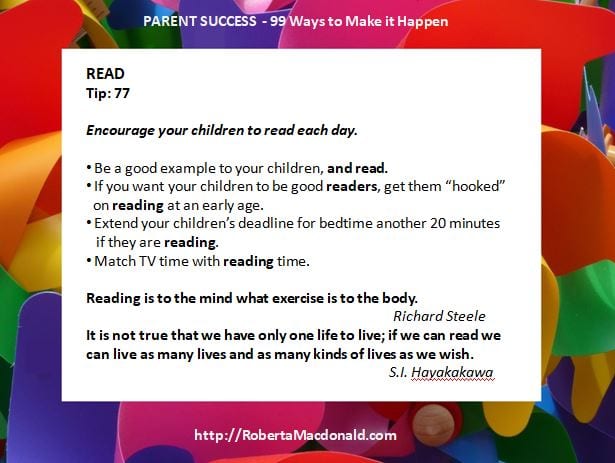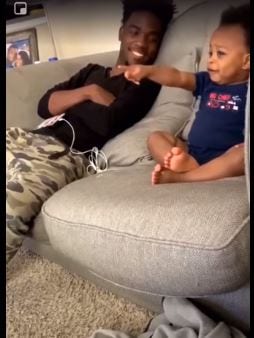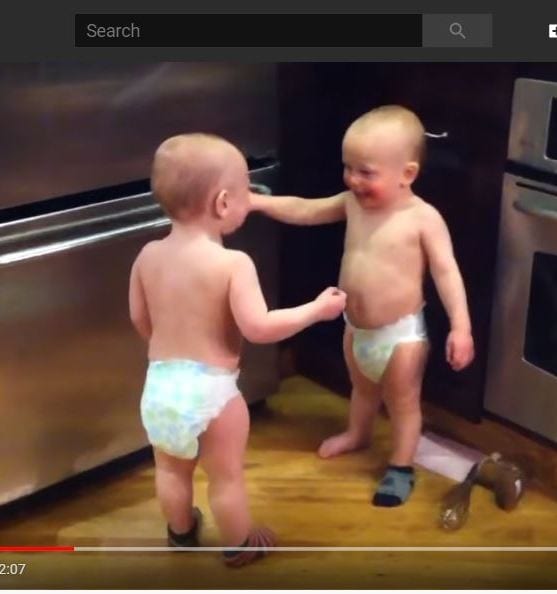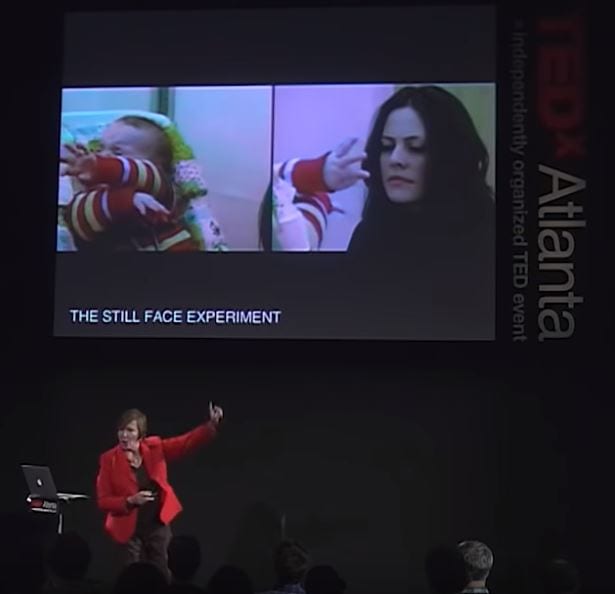For over forty years I have helped teens and adults in relationship building. I have four truisms I’ve discovered over the years in my work that I want to share these with you today.
Truism #1: It takes around three years to really get to know someone. Some people may take decades.
For instance, you may marry the sweetest, most loving person and find that she or he is a controller and expects you to take a supportive role. If you do, it works, or seems to work…for a while.
I know someone who recently said that she has allowed others to control her all of her life, and she has no idea what she wants or believes.
She is numb to her own feelings and has no idea how to be self-aware. She is 73 years old and, she has been a supporter to others all of her life.
Truism #2: Control may have many different faces and may even be in the guise of subtle manipulation.
You may not recognize that you are being controlled or manipulated, yet if you don’t feel good about yourself and your relationship…that may give you a clue that control is happening. Some examples of this could be:
“I just don’t understand why you went this way and not ….”
“Why did you say that?”
“I don’t know why you like to read before going to bed…I don’t.”
“Why didn’t you do what I suggested (told you to do)?”
Truism #3: Control isn’t love no matter how many times the word is used or how many gifts are given.
Many times I hear: “But he loves me!” Really? How does he show it…or not show it? You need to go beyond his/her words and pay attention to actions.
Truism #4: The controller expects and wants you to be more like him or her and wants you to change.
It is probably true what they say: “opposites attract”. What they don’t say is that they will spend the rest of their life trying to change the other person into whom they want.
I have someone very dear to me who has never been able to say no to his wife and who changed from a sweet, innocent young man into a bitter and resentful older man. He is still with her.
Control, not love, and allowing the control are the culprits. When you are the one being controlled, it’s often impossible to see that you are allowing the control to happen.
My main point in this post is:
I don’t believe we have a right to control anyone else in our world.
We also have a right not to be controlled. Learning how not to step into the “controller trap” is an intricate dance and that will be another post.
Based on my four Truisms about control, I have three suggestions for both the younger and more mature generations. Hopefully, you won’t fall into as many “controller traps” as I did on my way to understanding these truisms.
Suggestions:
(1) Be aware of the subtleties of controlling and manipulative people
(2) Set good boundaries and teach others how to treat you
(3) Be assertive—not aggressive or nonassertive….this may take a little work on your part.
Do watch out for those whose message is
“I want you to be the way I want you to be, AND I want you to accept me just the way I am.”
As always, email me with any questions. Roberta@RobertaMacdonald.com
Do you have a controller in your life? Would you like to tell me your story and get some help?
Roberta
I will be hosting two courses on-line in the near future. A Calming Down, Life Management Course and A Parenting course.
To make sure you don’t miss either of them – Sign up to receive my email updates. Contact Me
Be among the first to learn of the opportunity!





 Roberta Macdonald, a speech I gave to Sunuppers, Advanced Toastmaster Club, and was asked to share.
Roberta Macdonald, a speech I gave to Sunuppers, Advanced Toastmaster Club, and was asked to share.


